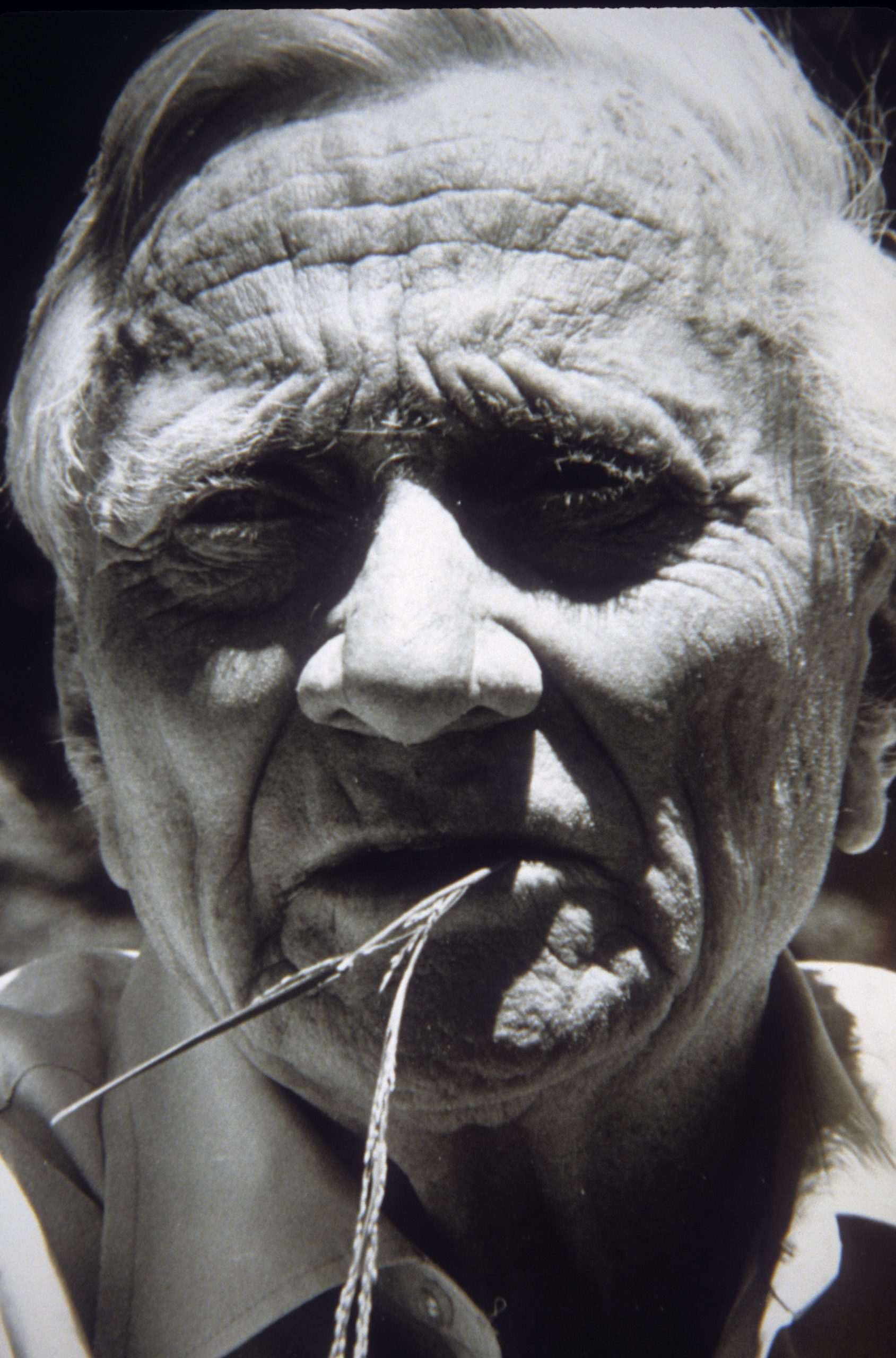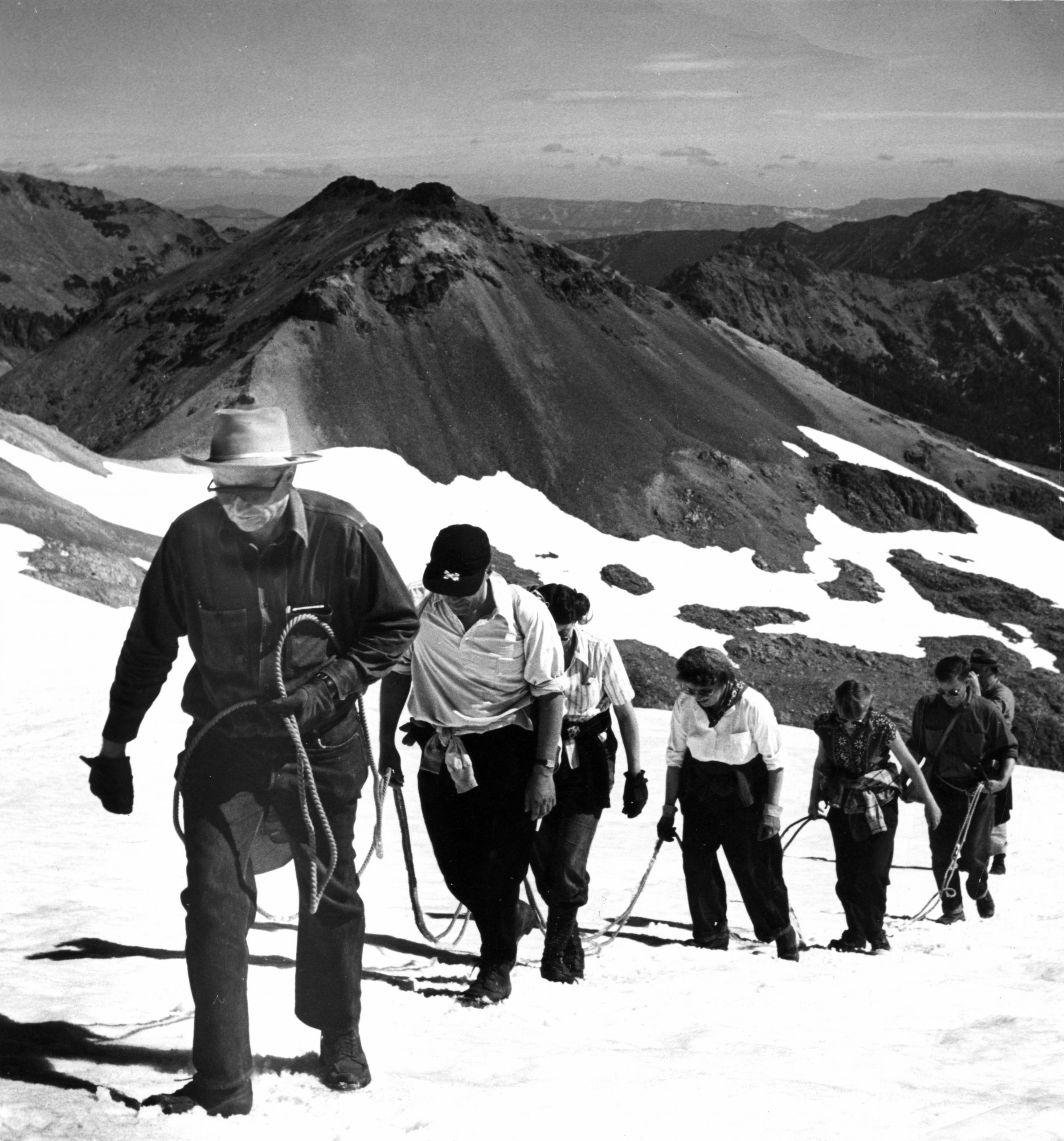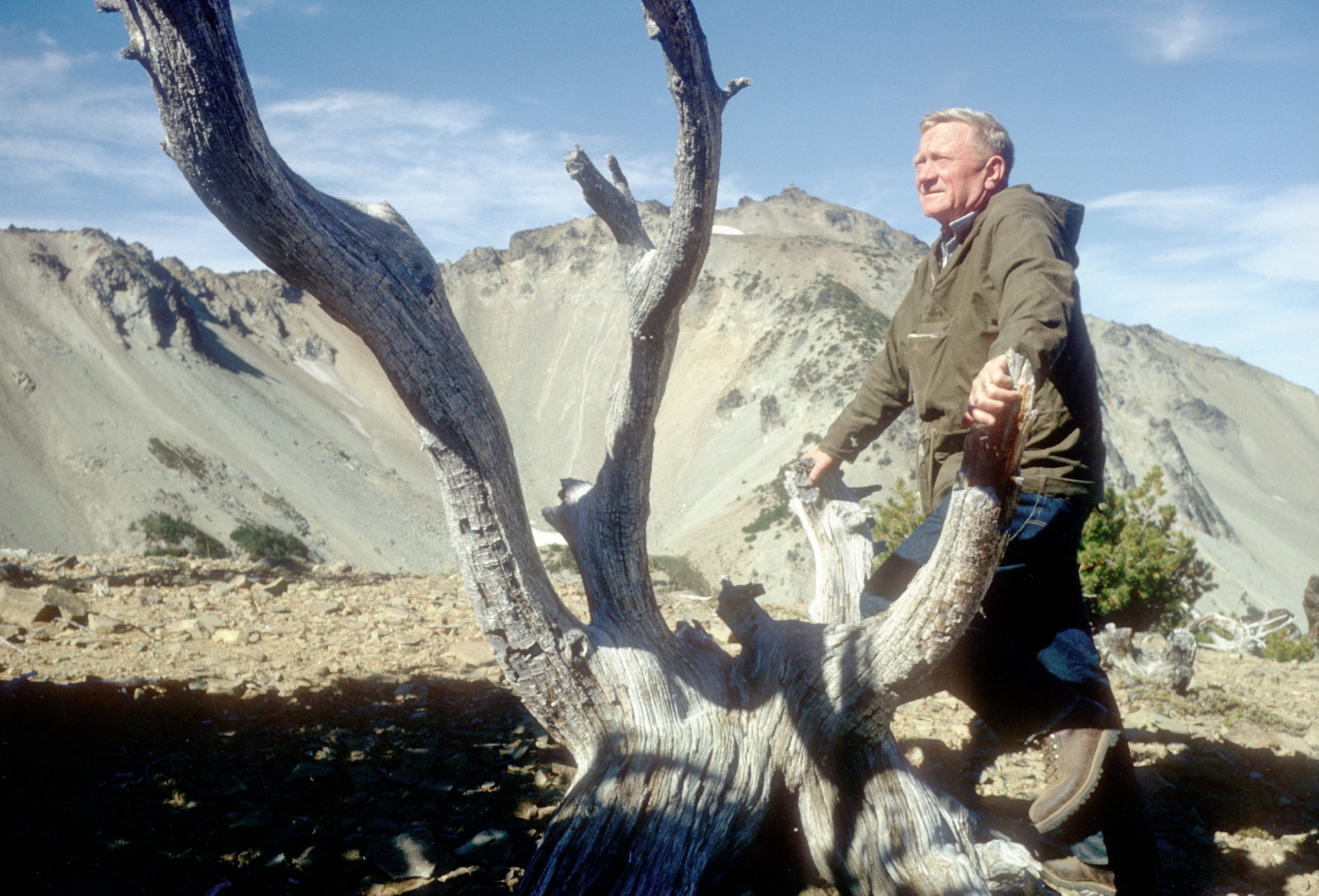Scope & Goals

The primary objective of the William O. Douglas Film Project is to produce an hourlong documentary film and companion website that weaves Justice Douglas’ life and writings in the context of wilderness and its importance to the human condition. The
New video will bring his written words to life. Interviews with contemporary legal figures, political figures, and wilderness advocates will further shape the content of the film. His legal accomplishments can be charted with this current context, in particular his categorical defense of individual liberties and fundamental privacy rights. Two exhaustive biographies have been written about Douglas, totaling 1,200 pages of text. Only a few dozen of these pages are devoted exclusively to his legal and personal relationship with the natural world.
This is a story with a national footprint. It also has issues that radiate far beyond U.S. borders. The land ethic and protection of wild lands have become defining issues across the planet. Douglas’ role in shaping the modern environmental movement and his rich career as a writer of, and advocate for, the wilderness will be brought to life in this documentary.
Project Impact
The Wilderness Act was signed into law on September 3, 1963 with its concise and poetic definition:
“A wilderness, in contrast with those areas where man and his own works dominate the landscape, is hereby recognized as an area where the earth and community of life are untrammeled by man, where man himself is a visitor who does not remain.”

Most likely, a young person today in the U.S. will finish high school and not know of William O. Douglas. For anyone familiar with his legacy, this is insupportable. His ideas and philosophies are fundamental wellsprings for a genuinely democratic society. The thoughts and values expressed by Justice Douglas should be passed on to a new generation and reiterated to all U.S. citizens. The William O. Douglas Film Project is valuable as a vehicle to help secure Justice Douglas’ place in history.
The end result of this project is to create an educational asset for use in institutions, libraries, and media centers for environmental and legal studies. Sales can be structured to allow the institutions public performance rights (free screenings in public venues) for the film.
Numerous streaming services and on-demand cable options have a tremendous growth factor and present an exceptional future opportunity for the distribution of Liberty and Wilderness. Broadcast entities including, but not limited to, national and regional public broadcast stations will also be targeted.
“His environmentalist activities and his belief in the right to be let alone were elements of the same impulse: the need to preserve space from governmental intrusion for the development of the integrated individual. Both realms fostered autonomy of the individual, and the independent consciousness, which, for Douglas, were necessary ingredients for democracy… The depletion of either signified a diminishment of the national character.”
Defenses of Solitude: Justice Douglas, the Right to Privacy, and the Preservation of the American Wilderness, Diana Winters, (Ph.D. Dissertation, Harvard University, 2003)
About the Oregon Cultural Heritage Commission
The Oregon Cultural Heritage Commission discovers, celebrates, and commemorates contributions to Oregon’s diverse literary and cultural legacy, raising awareness through publications and other media, memorials, and public events.
Portland Mayor Bud Clark’s edict inaugurated the group formally, and IRS not-for-profit status was granted to OCHC in 1993. Since then, the group has been working on projects commensurate with its mission statement: The OCHC believes in the importance of cultural memory, assuring the past a place in the present, to the benefit of the present and the future. As our culture continues making critical choices about the wide-ranging issues of the day, it is ever-more vital that we bring the wisdom and experience of those who preceded us into the discussion.
Our cultural understanding perhaps best serves as a touchstone, a road map of where we’ve already been and gone; why we have, for example, our unique public beach law, our environmental orientation, our excellent public libraries. It can also help us identify where we’ve misstepped, and how our creative figures recorded their experience for future generations.
Highlights of the Oregon Cultural Heritage Commission can be found here.

